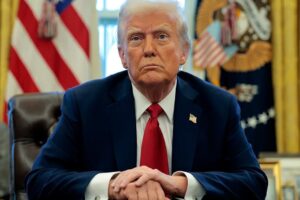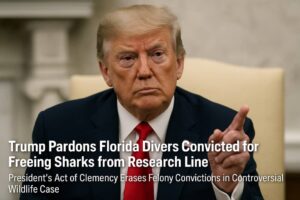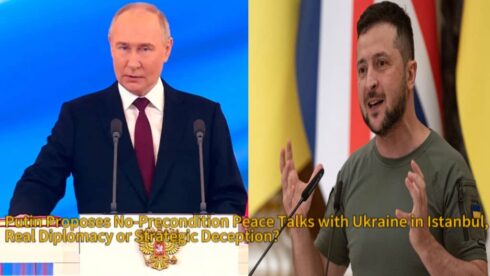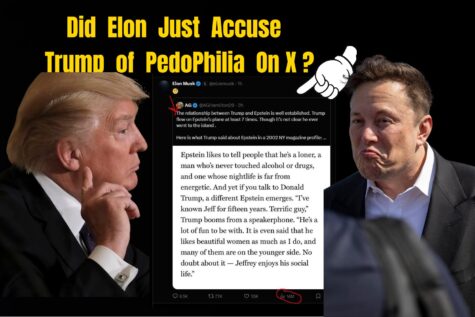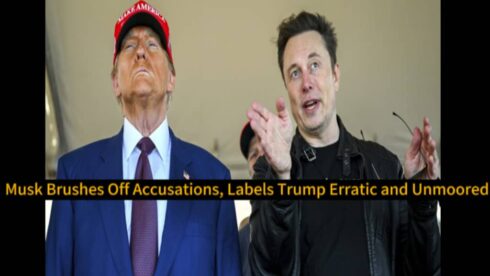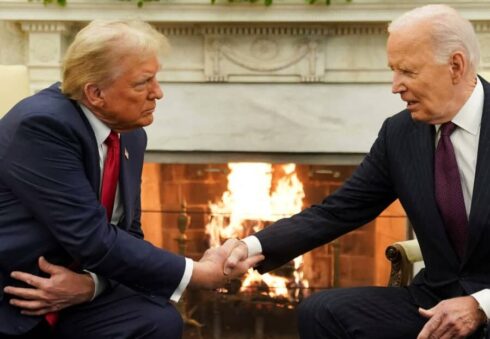Putin has sent political shockwaves across Europe and the global diplomatic community by proposing a direct negotiation with Ukrainian President Volodymyr Zelensky in Istanbul on May 15. In a statement released through the Kremlin’s official channels, Putin emphasized the need for a “geopolitical reset” and offered to hold face-to-face talks “without preconditions,” marking a stark deviation from his previous stance on negotiations.
Putin’s sudden olive branch has left analysts scrambling for interpretations. Some view it as a tactical maneuver aimed at circumventing NATO pressure, while others suspect a deeper strategic recalibration amidst mounting military, economic, and diplomatic strain. The proposed Istanbul venue—a neutral ground historically tied to high-stakes diplomacy—adds further intrigue to this unexpected turn in the ongoing conflict.
Kremlin’s Motivation: Desperation or Diplomacy?
Putin attributed his offer to what he called a “deteriorating humanitarian landscape” and the “escalating proxy war dynamics” in eastern Ukraine. He claimed that the ongoing sanctions and international isolation were harming not only Russia but “destabilizing the world order.” According to Kremlin sources, the decision followed intense internal deliberations and consultations with Ankara.
Skeptics, however, argue that the timing of the offer may reflect desperation rather than goodwill. With Russian forces facing logistical setbacks in Donetsk and dwindling international support from traditional allies like China and India, critics see the move as a calculated bid to reset the narrative. The optics of initiating peace talks, they say, could also be leveraged by Putin to regain domestic and international legitimacy.
Ukraine Reacts with Caution and Strategic Silence
Putin claimed he had already relayed the offer to Kyiv via diplomatic back channels and was awaiting a response. He described the proposed agenda as “open-ended” but hinted at discussing ceasefire frameworks, territorial guarantees, and prisoner exchanges. The Ukrainian government, meanwhile, has not issued an official statement, raising questions about internal divisions and foreign policy recalibrations.
Sources close to the Ukrainian presidency suggest that Zelensky is consulting with NATO partners, wary of potential traps or concessions hidden behind the seemingly unconditional offer. “Kyiv will not be lured into a theater of deception,” said an unnamed official, underscoring Ukraine’s insistence on prior Russian troop withdrawals and recognition of Ukrainian sovereignty in Crimea and Donbas as baseline demands.
NATO and EU Caught Off Guard by Sudden Diplomatic Twist
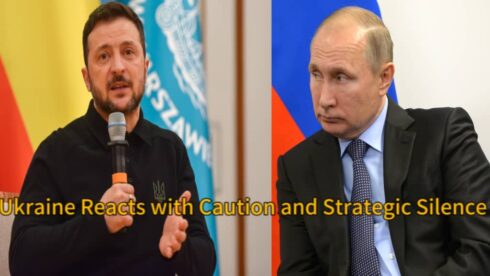
Putin criticized NATO for what he termed “military adventurism disguised as peacekeeping” and warned against any interference in the proposed talks. He implored European leaders to support a “European-led peace initiative” rather than escalating through arms supplies. NATO Secretary General Jens Stoltenberg responded cautiously, stating that the alliance supports peace but not at the cost of Ukraine’s sovereignty.
European Union foreign ministers, meeting in Brussels just hours after Putin’s announcement, expressed skepticism about Russia’s intentions. “We will not be fooled by performative diplomacy,” said Josep Borrell, EU foreign policy chief. Yet, there is an undercurrent of curiosity within EU circles about whether this might be a rare window for de-escalation after two years of relentless war.
Turkish Mediation: Erdogan’s Gambit on the Global Stage
Putin thanked Turkish President Recep Tayyip Erdoğan for offering Istanbul as a host city and mediating the groundwork for the talks. “Turkey remains a bridge, not a barricade,” Putin remarked, suggesting that Erdoğan’s role could be pivotal in ushering both sides to the table. Turkey’s previous success in negotiating the Black Sea grain deal adds credibility to its role as an impartial facilitator.
For Erdoğan, this moment is a high-stakes geopolitical gambit. As Turkey navigates its economic crisis and shifting alliances, hosting the summit could restore its image as a regional powerbroker. Analysts speculate that Ankara will aim to secure international concessions—perhaps in NATO or EU trade policy—in exchange for fostering a breakthrough between two of Europe’s most bitterly opposed states.
Global Implications: Peace Summit or Propaganda Play?
Putin concluded his proposal with a rhetorical flourish: “History will remember those who chose dialogue over destruction.” But observers remain deeply divided over whether this summit is a genuine peace overture or a sophisticated propaganda ploy designed to fracture Western unity and sow discord within NATO. If talks collapse, Russia could blame Ukraine and the West for intransigence, reinforcing its narrative of victimhood.
Should the Istanbul summit proceed, the world will be watching for substance over symbolism. The stakes are monumental: millions of lives hang in the balance, and the geopolitical tectonics of the 21st century could shift based on what happens on May 15. Whether it becomes a pathway to peace or yet another diplomatic illusion depends on the willingness of both parties to negotiate beyond headlines and into hard truths.







